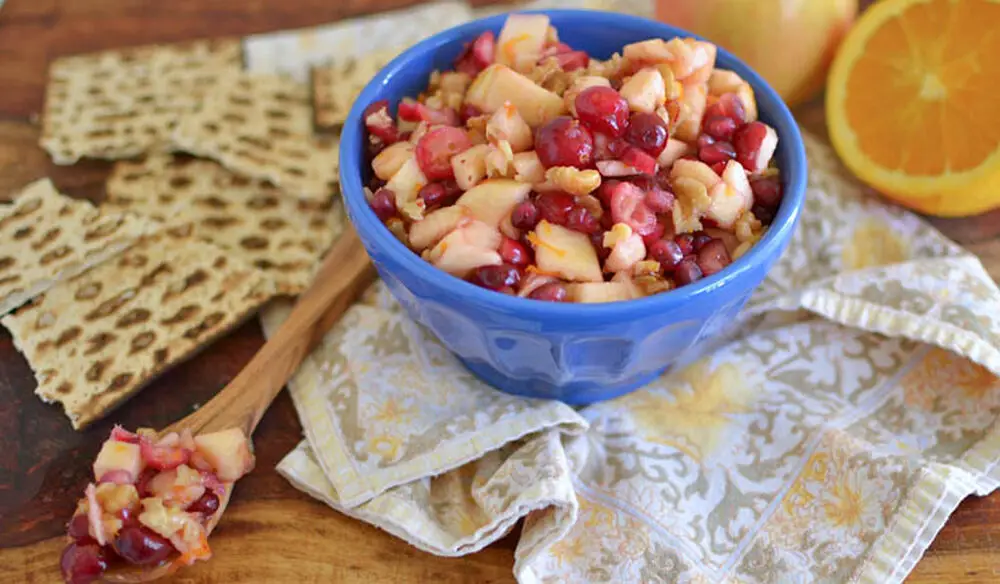Carrots are a popular and versatile vegetable, known for their sweet flavor, crunchy texture, and rich nutritional profile. Whether you’re crafting a salad, cooking a stew, or snacking raw, carrots are a common choice for many. However, for individuals following a low-carbohydrate diet, such as the ketogenic diet or other low-carb eating plans, the question of whether carrots fit into their dietary restrictions is a common concern. In this article, we will explore the carbohydrate content of carrots, how they fit into a low-carb diet, and the nutritional benefits they offer.
Carbohydrate Content in Carrots
Carrots contain carbohydrates, like all vegetables, but the amount can vary slightly depending on the type of carrot and how it’s prepared. According to the USDA, a medium-sized raw carrot (about 61 grams) contains approximately 6 grams of carbohydrates, which includes about 2 grams of dietary fiber and 3 grams of sugars. When considering net carbs, which are calculated by subtracting the grams of fiber from the total carbohydrates, a medium carrot has around 4 grams of net carbs.
Cooked carrots have a slightly higher carbohydrate content due to the reduction in volume caused by cooking. For instance, a half-cup of cooked carrots (about 78 grams) can contain around 8 grams of carbohydrates, with about 3 grams of fiber and 3 grams of sugar, leading to 5 grams of net carbs.
Low-Carb Diets and Carrots
The definition of a “low-carb” diet can vary, but it typically involves limiting carbohydrate intake to between 20 to 100 grams per day. Within this context, carrots can certainly fit into a low-carb diet, especially if consumed in moderation. The key is to account for the carbs in carrots as part of your daily carbohydrate allotment.
For those strictly managing their carbohydrate intake, such as individuals following a ketogenic diet aiming for less than 20 grams of net carbs per day, consuming large quantities of carrots might not be ideal. However, incorporating small portions of carrots into meals can provide a burst of flavor, color, and nutrients without significantly impacting one’s carb limit.
Nutritional Benefits of Carrots
Beyond carbohydrates, carrots offer a wealth of nutritional benefits. They are exceptionally rich in beta-carotene, an antioxidant that the body converts into vitamin A, essential for good vision, immune function, and skin health. Carrots are also a good source of vitamins K and C, as well as potassium and fiber.
Fiber is particularly noteworthy because it doesn’t raise blood sugar levels and supports digestive health. Moreover, the natural sweetness of carrots can help satisfy sugar cravings for those on a low-carb diet, making them a healthier alternative to processed snacks.
Carrots are a nutritious vegetable that can fit into a low-carb diet when consumed in moderation. They provide essential vitamins and minerals, along with dietary fiber that supports overall health. While they do contain carbohydrates, the net carb content of carrots is relatively low, especially when portion sizes are controlled. As with any diet, the key to including carrots in a low-carb lifestyle is balance and moderation, ensuring you enjoy the benefits of this versatile vegetable without exceeding your carbohydrate limits.
Integrating Carrots into a Low-Carb Diet
For those following a low-carb diet but wishing to include carrots in their meals, there are several strategies to maximize their benefits while minimizing carbohydrate impact:
Portion Control: Keeping an eye on the serving size can help manage carbohydrate intake. A few slices of carrots added to a salad or a small serving of cooked carrots as a side dish can add flavor and nutrition without too many carbs.
Pair with Low-Carb Foods: Combining carrots with foods high in protein or healthy fats can help balance the meal. For example, carrots dipped in guacamole or hummus can be a satisfying snack that is relatively low in net carbs.
Choose Whole Carrots: Processed carrot products, such as carrot juice or pre-packaged carrot chips, may contain added sugars or have higher carb counts due to concentration or additives.
Sticking to whole, raw, or lightly cooked carrots ensures you’re consuming them in their most natural and low-carb state.
Be Mindful of Cooking Methods: Cooking methods can impact the glycemic index of vegetables. For example, boiling carrots can increase their glycemic index, making them raise blood sugar more than raw or steamed carrots. Opting for cooking methods that maintain the integrity of the carrot’s fiber content can help manage this effect.
Carrots in the Context of a Balanced Diet
While focusing on the carbohydrate content of carrots is important for those on strict low-carb diets, it’s also essential to consider the broader context of a balanced and nutritious diet.
Carrots bring more to the table than just carbs; they offer a range of vitamins, minerals, and antioxidants that contribute to overall health.
The Bottom Line
Carrots, despite their sweetness, are relatively low in net carbohydrates and can fit into a low-carb diet plan, especially when eaten in moderation and as part of a balanced diet. Their nutritional profile supports various aspects of health, from vision to immune function, making them a beneficial addition to any meal plan. The key is mindful consumption and balancing their intake with other low-carb vegetables and foods to ensure a varied and healthful diet.
In conclusion, while carrots do contain carbohydrates, they are not necessarily off-limits for individuals following a low-carb lifestyle. With careful planning and portion control, carrots can be included in a low-carb diet, providing not only their delightful taste and crunch but also their considerable health benefits. It’s all about finding the right balance that works for your specific dietary needs and goals.


















